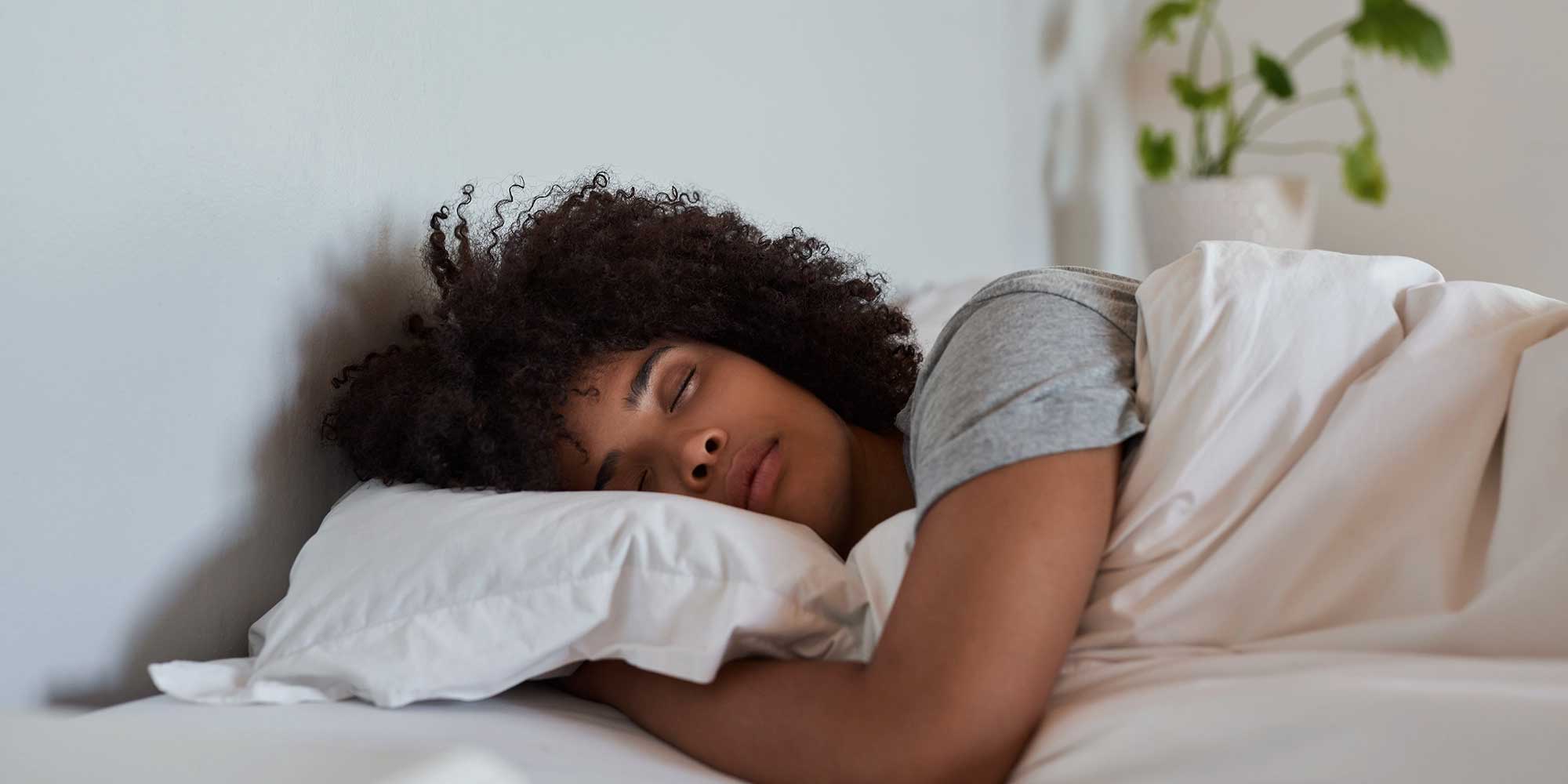Diagnosis and Treatment
A visit to a Trinity Health Sleep Center is probably a new experience for you, but an overnight sleep study in a sleep center can be the best way to determine if you have a sleep disorder.
In order to fully understand your sleep, various information in the form of signals from your body are recorded throughout the night. After the study, your sleep physician will review and interpret the results. Suggestions for treatment will then be made if a sleep disorder is found.
Types of Studies and Treatment
During your stay we can conduct up to four different types of studies:
- Inspire Upper Airway Stimulation Therapy
- Multiple Sleep Latency Test (MSLT)
- Nocturnal Polysomnogram (NPSG)
- Split Night Study
- Titration Study (CPAP, Bi-level or ASV)
- Home Sleep Test (HST)
Inspire Therapy
Inspire Upper Airway Stimulation therapy is a new treatment option for obstructive sleep apnea. Unlike CPAP, Inspire works from inside the body with the patient’s natural breathing process.
How Inspire Therapy Works
The Inspire system works completely inside your body with your natural breathing process to treat obstructive sleep apnea. While you are asleep, Inspire delivers mild stimulation to the hypoglossal nerve, a nerve that controls the movement of the tongue and other muscles in the airway. By stimulating the nerve, the tongue and other tissues move out of the airway so you can breathe during sleep.
Inspire therapy is controlled using the Inspire Sleep Remote. The Inspire Sleep Remote allows you to turn the therapy on and off, adjust stimulation strength, and pause stimulation during the night if needed.
Is Inspire Therapy Right for You?
You may be a candidate for Inspire therapy if you:
- Have moderate to severe obstructive sleep apnea
- Are unable to tolerate or benefit from CPAP
- Are not significantly overweight
- Are over the age of 22
Multiple Sleep Latency Test (MSLT) Measuring a Series of Short Naps
A Multiple Sleep Latency Test (MSLT) at Trinity Health is comprised of a series of 4 or 5 short naps conducted the morning after your nighttime study.
We will ask you lie down and attempt to take a nap. If you can fall asleep that’s great; if you can’t, that’s ok too. Your technologist will let you know when the naps are over and you will have some free time between each nap. We will ask you not to eat or drink caffeine or chocolate until your study is complete.
It's important to us that you are comfortable during your stay. If you need anything such as an extra blanket, assistance to the restroom or your CPAP mask is uncomfortable, please let us know. We are here to make your stay as pleasant as possible.
Nocturnal Polysomnogram (NPSG) Overnight Study Measuring Your Airflow
The Nocturnal Polysomnogram (NPSG) is an overnight study at Trinity Health that will monitor:
- Breathing
- Heart rate
- Snoring
- Talking
- Sleep stages
- The number of times you wake up
Wires and other monitoring devices will be attached to your scalp, face, chest and legs for this study. There will be belts around your chest and abdomen, an airflow sensor placed under your nose, and a clip placed on your finger to measure your oxygen levels. This may feel a little overwhelming, but our technologist will explain the purpose of everything when they are applied. Please make sure you let your technologist know if you have any tape or latex allergies.
Split Night Study
Full Night Combination Test
Split Night Study at Trinity Health is a combination of the full night polysomnogram and the titration study. This is a full night study to determine if you have sleep apnea.
For the first portion of the night, you will set up with all of the wires and monitoring devices identical to a NPSG. You will then be monitored by the sleep technologist. If it is determined that you have sleep apnea and you meet certain criteria, the technologist will wake you up to try the CPAP mask on you. You will wear the CPAP mask for the remainder of the night while the pressure is adjusted to a level that adequately treats your apnea.
Tritration Study
CPAP, Bi-level or ASV Tests
Titration studies are overnight sleep tests available at Trinity Health.
A Continuous Positive Airway Pressure (CPAP) machine is used to treat patients diagnosed with Sleep Apnea. During the titration study, you will be asked to wear a mask that goes over your nose and mouth during sleep. The mask is then connected to a machine, which provides a positive flow of air into the airway. The pressurized air acts as a splint that allows the airway to stay open and controls snoring and apnea.
Your machine needs to be carefully adjusted to provide the proper amount of pressurized air. You will be able to try a variety of masks and select the one that is most comfortable and best meets your needs.
The setup is the same as for the nocturnal polysomnogram, except instead of the airflow sensor under your nose you will be wearing the CPAP mask.
Home Sleep Test (HST)
A home sleep test (HST) is an overnight test used to diagnose obstructive sleep apnea (OSA), from the comfort of your own home.
When undergoing a home sleep apnea test, you will need specialized equipment and instruction on using the equipment from your doctor's office or sleep clinic.
The testing requires you to pick up the unit, receive instruction & return the unit the following day.
You can sleep as you normally would except your body will be connected to the sensors that collect data.




